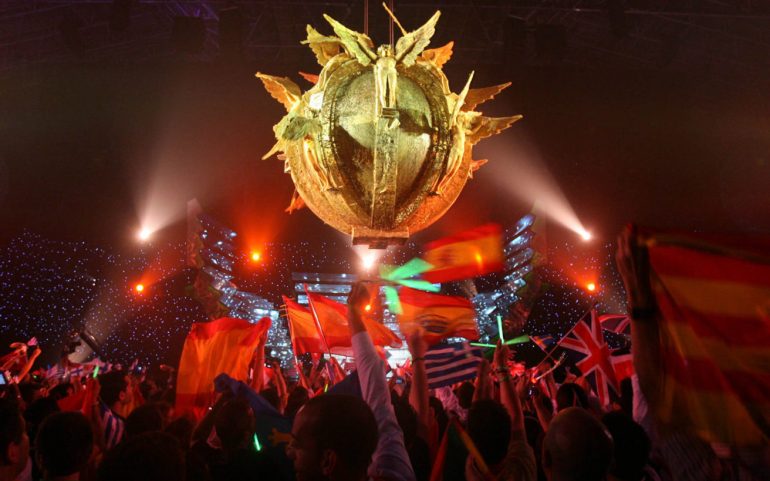This year, its institution Eurovision happily closes 64 years. It was in 1956 when the music competition began, which today is the longest-lived television institution. At that time and while post-war Europe was being rebuilt, the EBU (based in Switzerland), conceived the idea of an international song contest in which countries would participate in a television program, which would be broadcast simultaneously in all EBU countries.
The idea was born in 1955 at a meeting in Monaco by Marcel Bezençon, a Frenchman working for the EBU. The proposed competition was based on the San Remo song contest in Italy, challenging a live TV technology experiment. After all, at that time it was a very ambitious plan for countries to participate in a wide television network, since at that time there was no satellite television and the so-called "Eurovision Network" consisted of terrestrial transponders.
The first competition was held in Lugano, Switzerland on May 24, 1956. Seven countries participated, each with two songs, with the winner being the host Switzerland. From 1956 until today, various changes have taken place, mainly of a technical nature. This year, the countries that will take part in Eurovision 2019, which will be held on May 18 in Tel Aviv, will be 41 as Ukraine and Bulgaria will abstain from the competition. The second will not take part for financial reasons. The withdrawal of Ukraine, again, hides a strong political background, recalling that in the 64 years of existence of the institution, behind the scenes and scandals have sometimes played a leading role.
The crisis in Russia-Kiev relations on the Eurovision stage
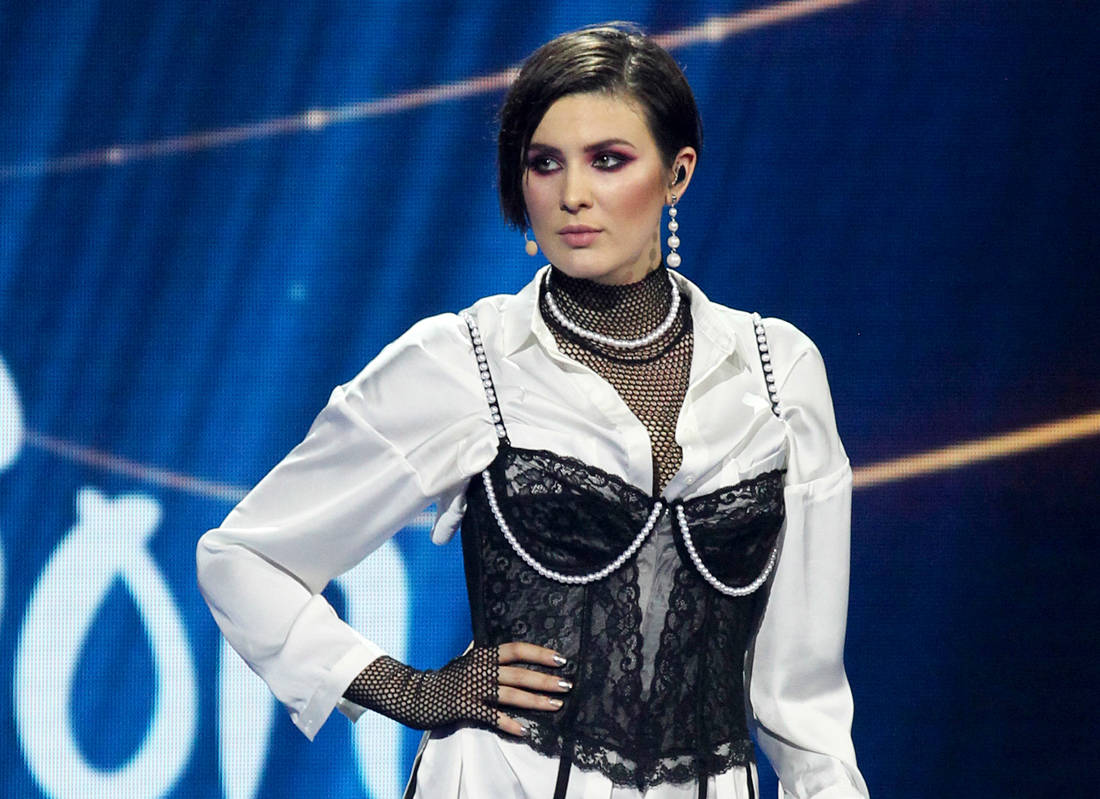
Ukraine was to be represented by Maruv this year, but only last February the state channel announced his final decision to retire. The reason; The young singer refused to become "ambassador of Ukrainian culture" and "representative of Ukrainian public opinion worldwide", as claimed by the Ukrainian network, complaining that she did not want to "appear with slogans that would turn her interpretation into a campaign to promote our policies ".
Before making the decision to leave permanently, they had refused to replace the 27-year-old Maruv with the other three favorites of the Ukrainian competition, with the same attitude: they did not want their participation to have a political color.
However, this is not the first time that political tension between Ukraine and Russia against the backdrop of Crimea, transferred to the music competition. In 2017, Kiev hosted Eurovision, but banned the entry of the representative of Russia, Yulia Samoilova, because in 2015 she had sung in the Crimea, after the annexation of the peninsula by Russia.
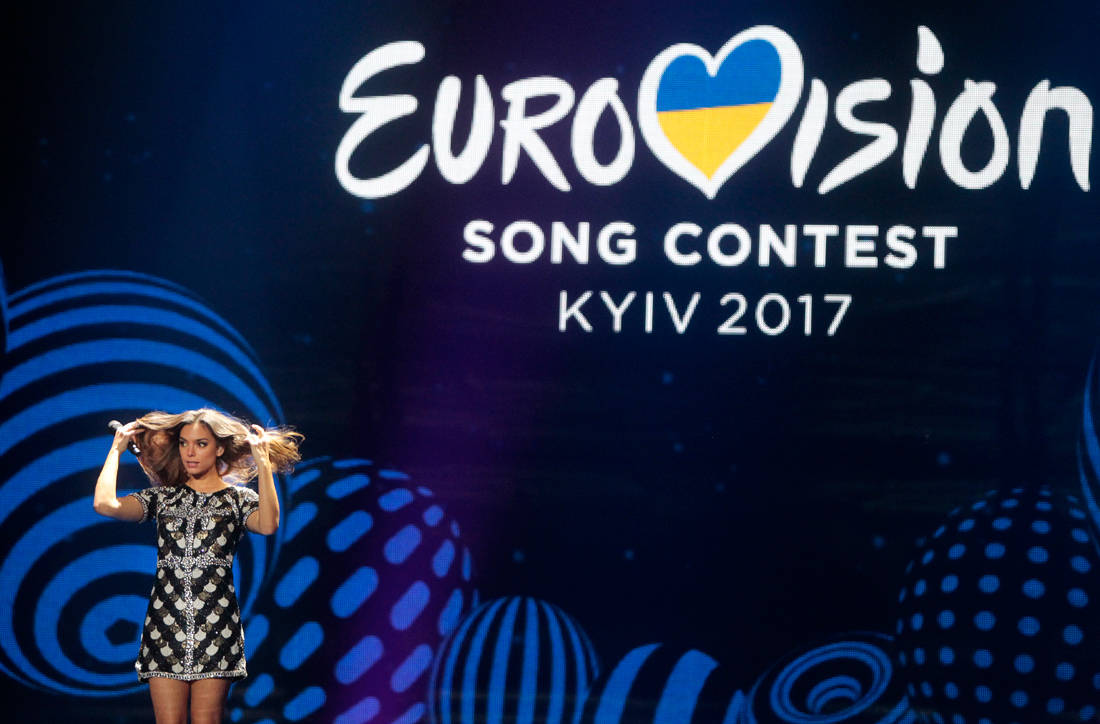
The decision provoked a "hot" diplomatic episode and although the EBU tried to find a compromise solution, it did not succeed. Russia not only did not accept the proposals, but boycotted the competition, not showing it on state television that year. Yulia Samoilova finally took part the following year, but did not even qualify for the grand final, which was held in Portugal.
The embargo of Greece and the threats against Mariza Koch
Η Greece made her Eurovision debut in 1974 with Marinella and the song "Wine, sea and my boy". However, the following year he decided not to participate as a sign of protest in Turkey's debut, which came months after its invasion of Cyprus in July 1974.
In 1976 Greece returned with Mariza Koch in a special participation. It was assigned directly by him Manos Hadjidakis, who was then the director of the Third Program, while the song "Panagia mou, Panagia mou" was his choice and it was a continental doom, which spoke of the Turkish invasion and the drama of the Cypriot people.
The image of the black-clad Koch and the lyrics of the song provoked the reaction of Turkey, while Turkish extremists went so far as to threaten the life of the great Greek singer. In fact, there were countries that reacted to the Greek participation, but it was France that almost demanded that Koch appear normally.
At the time Greece took the stage, Turkish television played a nationalist song. Turkey's stance, as well as the threats against the Greek singer, led to the exclusion of the neighboring country from the competition for the next three years.
When Franco "bought" the victory of Spain
In 1968 (the first year that the competition was broadcast in color) the winning country was Spain with the well-known "La La La" by Massiel. However, so far this is the most controversial victory, as many claim that the then dictator of Spain Francesco Franco, in order to make the image of his country, hosting the institution, went so far as to "buy" the votes of the judges.
The Spanish song won by just one point (29 vs. 28) that of Great Britain, further reinforcing the theory of vote-buying. Massiel categorically denies the conspiracy, explaining that she has never had good relations with the regime. After all, the song was originally written in Catalan, but Franco demanded that it be changed to Spanish.
The song that gave the signal for the "Carnation Revolution"
In 1974, Portugal took part in the competition with Paulo de Carvalho and the song "E depois do adeus", but without exciting the committee, since that year it finished in last place. However, this particular song (along with "Grandola, Melapsi City") played in the early hours of April 25 on state radio, gave the secret signal to a group of young soldiers to start the resistance against the dictatorship, which developed the very next day. day in the "Carnation Revolution" which overthrew the Estado Novo regime, after 48 years.
Israel's participation in the competition

The truth is that to this day, many wonder how Israel participates in a European song contest. Australia's involvement in recent years has been a busy one for many. In Israel, in fact, various theories have been developed from time to time, which reach the limits of conspiracy.
However, the explanation for participation is simpler than one might think. The EBU decided to make an opening, proposing the participation of all countries that are members of the European Radio Union, covering even areas of the Middle East and North Africa.
Israel rushed to participate in 1973, but the other Arab countries decided not to take part in the competition. The example of Lebanon is typical, where Télé Liban is an active member of the EBU, but every time he was to take part, he withdrew his participation, because that year Israel would also compete. This year, the country is organizing the competition in Tel Aviv and there were many protests and voices even from Greek artists for boycott.
A death that possibly changed the history of the song
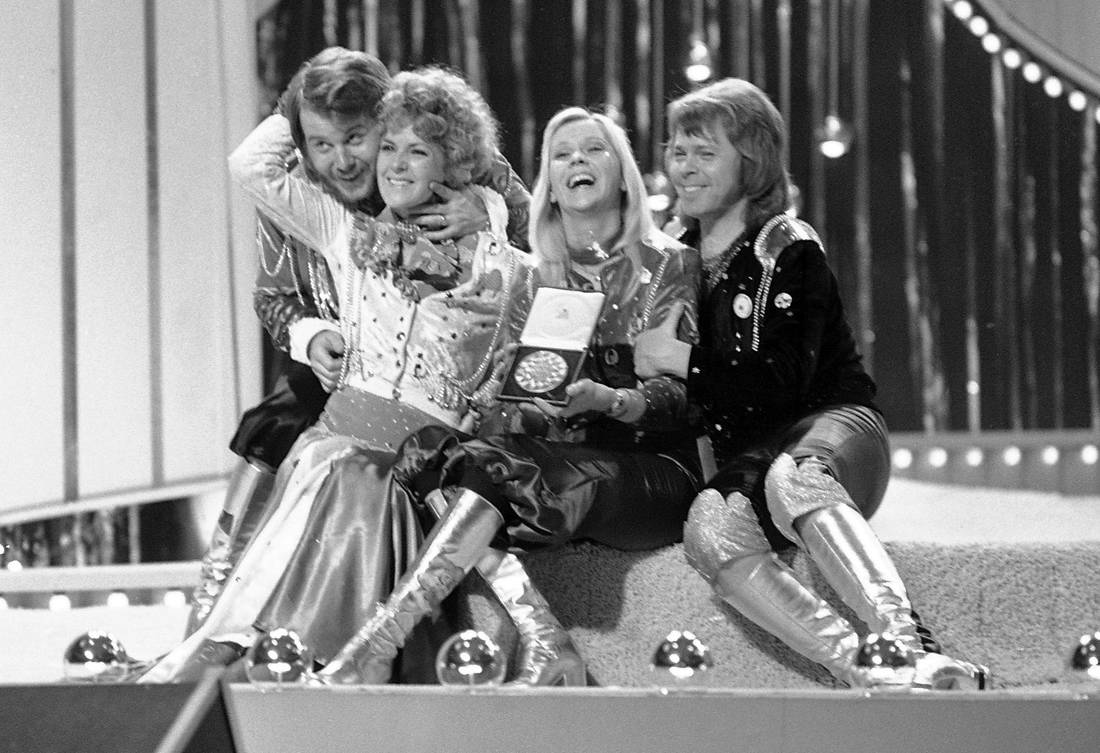
One of the biggest doubts or questions is the case of ABBA. The Swedish band won the competition in 1974 with the song Waterloo. Their career has since been launched and the band has become internationally known, and is considered one of the most successful of all time.
And yet, ABBA could not have done any of the above, if France had participated that year! In 1974 he was to be represented by Dani with the song "La vie à vingt-cinq ans", which, in fact, was the big favorite. However, a few days before the competition, the President of the country, Georges Pompidou, died and as a sign of mourning, the participation was withdrawn. Thus, no one will ever know how things would develop musically, otherwise.
The scandal with the change of the rating
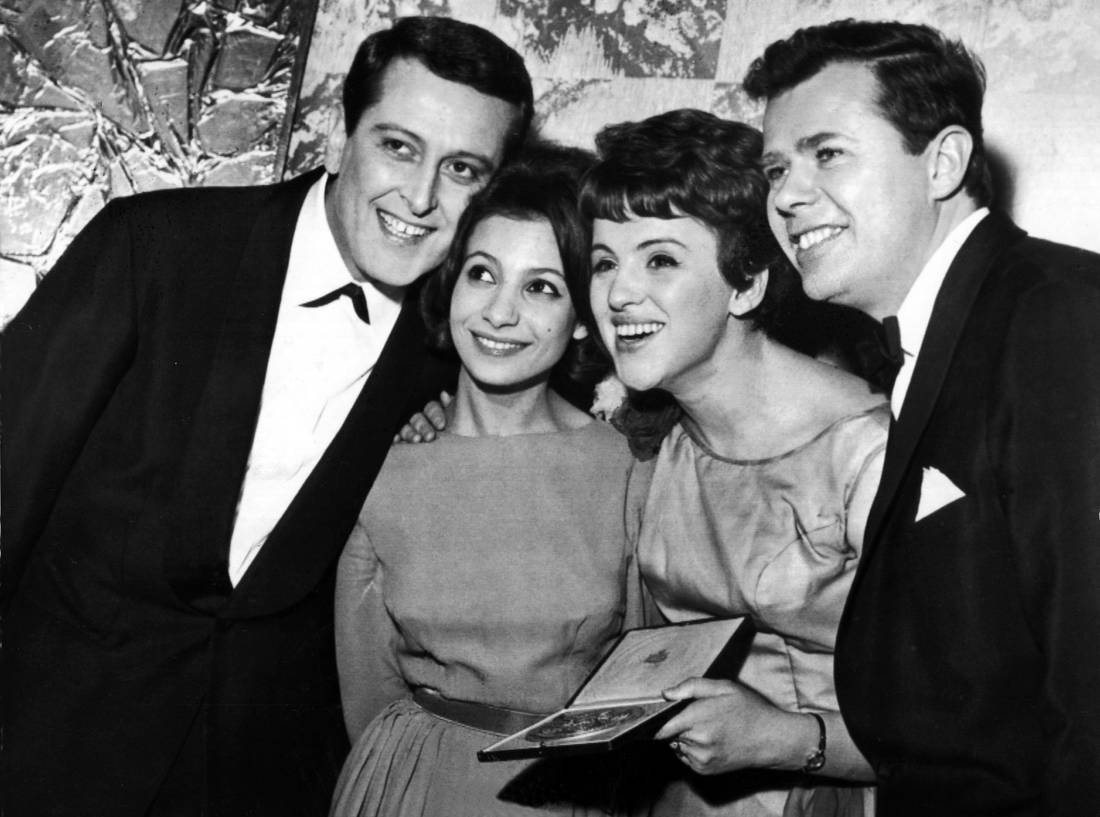
It seems that support for the neighbors has existed since the beginning of the institution and the case of Norway in 1963. is a rather tangible proof. That year, Eurovision was organized by the United Kingdom, because the country that had won it the previous year, France could not take over the event for financial reasons.
On the night of the final, the following was a mistake for some, a scandal for others: Switzerland was two points ahead of Denmark. When it was Norway's turn to vote by telephone the representative of the jury, he said the wrong points given by his country and when he returned he changed the initial points, with the result that Denmark came first with a difference of 2 points from Switzerland.
